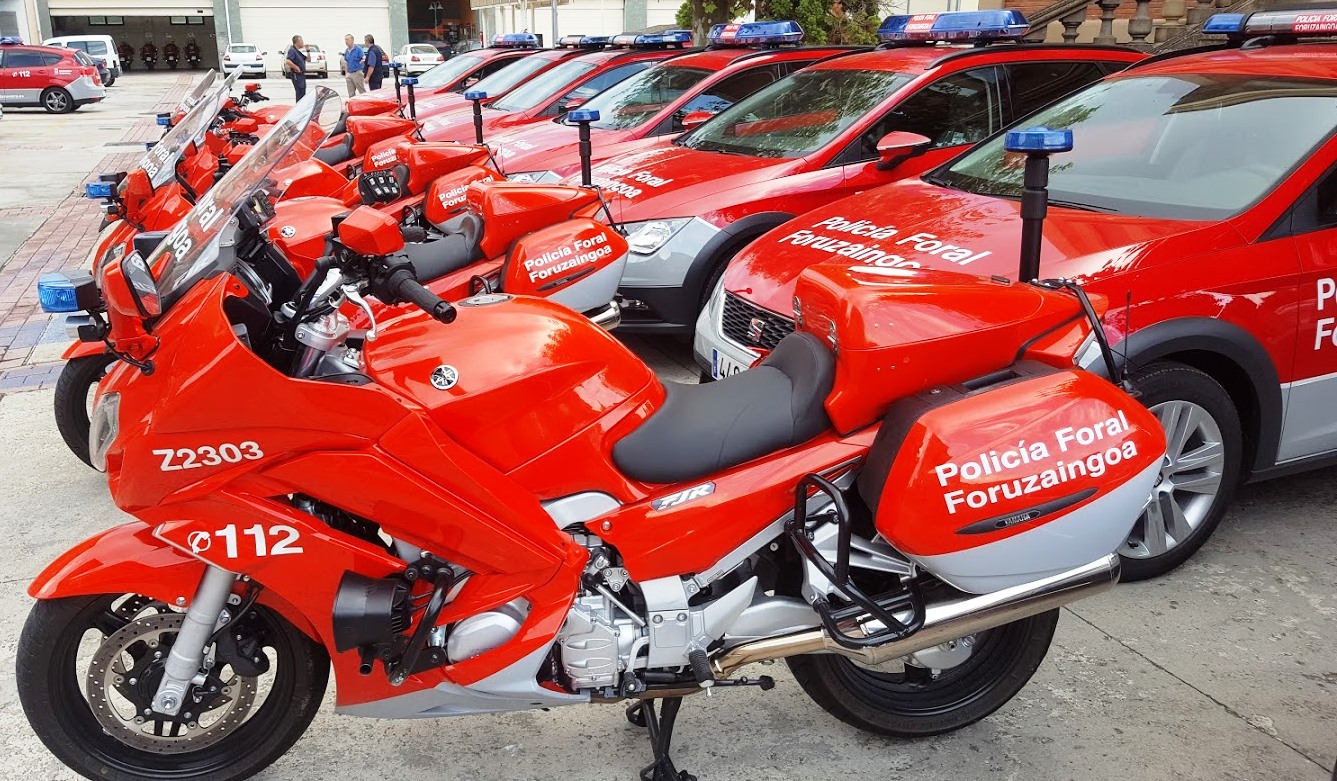
- The association of the civil guard Jucil appealed. The Supreme has decided that it is possible to delegate traffic competence in the Government of Navarra, but since it is a competence not contemplated in the Foral Improvement, another way should be sought, for example, the reform of the Foral Improvement itself or the approval of the transfer as an organic law in the Congress of Spanish Deputies.

In 1959 the Spanish Franco Government withdrew the traffic competences to Navarre, recovering them again on 1 July last year by agreement between the PSOE and EH Bildu. The President, María Chivite, announced in March last year that the full transmission procedure will be extended for five years.
The Spanish Government put the transmission into effect by royal decree and now the Supreme Court repeals it because it considers that it has not been an appropriate procedure. According to the Supreme, it is possible to delegate traffic competence in the Government of Navarra, but it cannot be ordered by Royal Decree because it is not included among the competences that are part of the Foral Improvement of Navarra. Therefore, what the Supreme suggests is that the Foral Improvement be reformed or its regulation is transmitted by organic law, otherwise. In other words, the latter should be approved by the Spanish Congress.
Chivite: "I will defend the self-government of Navarra and the foral regime"
Faced with the news of the Supreme's decision through the media, President Chivite is "surprised" at an emergency press conference on Monday afternoon. In the way information has come, he has only spoken two words: "It's been curious, let's leave it there." The Supreme Court’s decision is also incomprehensible.
However, even if it is not by royal decree, the Government of Navarra will continue to ensure that the traffic competition remains in Navarra and undertakes to study the roads. He also points out that the Government of Spain is "progressive" and that they are "in tune" with the issues of transfer of competences.
November: "This is a serious attack on the sovereignty of Navarre"
Laura Aznal, spokesman for EH Bildu in the Parliament of Navarre, has described as "very serious" the Supreme Court's judgment of annulment of the transmission of traffic competition. "When we have achieved this competence by majority political will, a Spanish court has removed the possibility of exercising that competence. We do not accept it, it is very serious and very bad news for Navarra (...) In any case, over and above the parties, it has been a historic claim of Navarra, which has been requested by all the Navarros governments, including by UPN".
Hard right campaign
Since Chivit announced in March of last year, Navarre Suma and the Spanish right have campaigned hard on the subject, especially in the budgetary agreements of the Government of Spain with the PSOE when EH Bildu introduced the transfer issue.
The PSOE has consistently been accused of being in the hands of EH Bildu and of wanting to expel the Navarra Civil Guard. In this context, the association of civil guards Jucil resorted to the royal decree ordering the transmission.
But the royal transfer decree does not order the expulsion of the Civil Guard of Navarra, as Xabier Letona Biteri said in this news article: In Navarra there are 1,581 civil guards, of which only 10% work in traffic. These civilian guards have had the opportunity, if they so wish, to access the Foral Police. A five-year extension of the process of transfer of competence was envisaged, with 149 police officers needed by the Foral Police to begin their duties.
The transfer provided for the recovery by the Foral Police of the functions of imposing and punishing fines, processing of autoschools and driving licences, training and road safety campaigns, management of accident information and road control at sporting or other events.